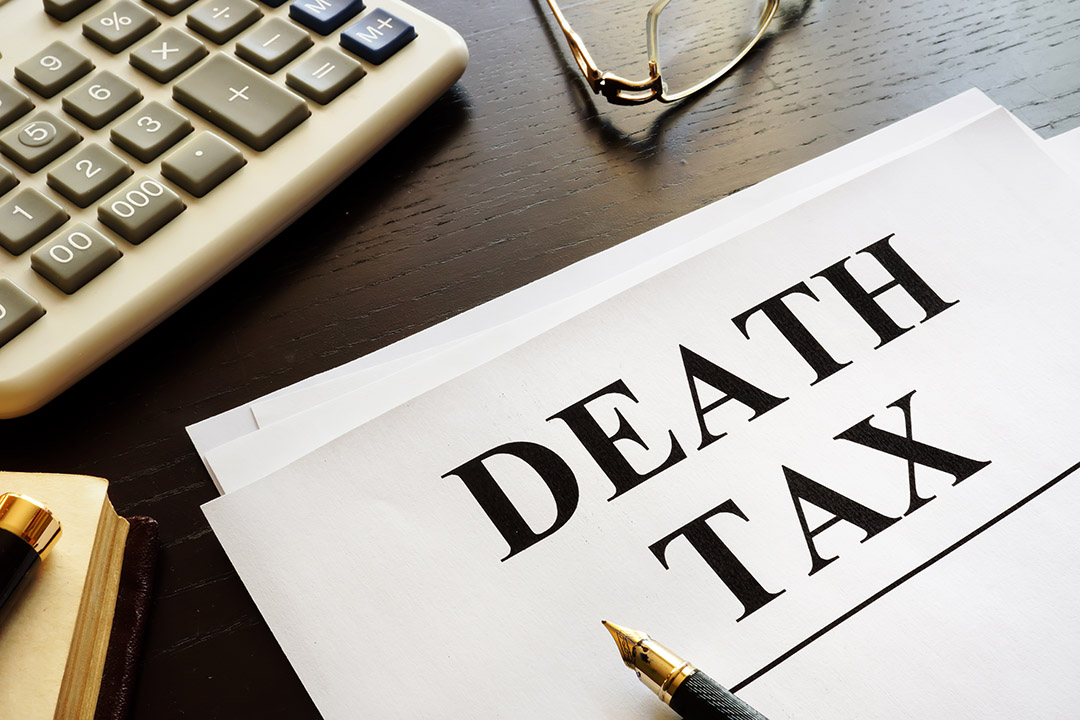

If there’s anything more worrying than the Coronavirus, the viral popularity of tattoos and mullet haircuts, it’s talk of death taxes!
And it’s even more scary that the latest attempt to get us thinking about living with a death tax (called an estate tax to sell it more effectively) sets young Australians against older Aussies.
That said, the debate and then the battle over a death tax could get down to those families with lots of assets that they can pass down to their kids, versus those families who haven’t got anything much to pass down.
Intriguingly, who will be on whose side with this future tax tussle could be influenced by where older parents live. Recent and future house price booms impact on the overall wealth of the families who own these properties and that could determine someone’s position on this issue.
On first blush, picking sides seems easy if you read what the Economics Editor of the AFR, John Kehoe, writes today. His argument is simple: the young were less threatened by the virus but they’ll ultimately pay for the Budget and national debt repair bill because they’ll live longer and, undoubtedly, with higher tax rates in the future to reduce future government deficits and the overall debt.
That’s why it looks like it will be young versus old Australians. But if you’re a child of an older parent who will face a death tax, you’re facing a drastically reduced inheritance and that could easily see younger locals line up with their older mum and dad against the idea of an estate or death tax.
In case you don’t know much about this tax, Catholic Super recently told their members that: “Most developed countries have an inheritance (or estate) tax. That is, a direct tax on the total value of a deceased person's money and property that’s paid out to the government before any distribution to beneficiaries.”
Britain has a death tax of 40% and these countries —Japan, South Korea, France, the US, Spain, Ireland, Belgium and Germany — have death taxes ranging from 30% to 55%!
Don’t get me wrong, as an economist I can see the merits of the argument for an estate (death) tax. However, when you call it a death tax, it looks like a punishment tax for the successful, the careful savers who gave up living the life of Riley to have something to leave their kids, and those lucky enough to live in a good suburb where house prices have gone through the roof.
These people were once as poor as church mice and moved into unpopular inner city suburbs because that’s all they could afford. And now because young people want to live in these neighbourhoods in the new age, these battlers who got lucky, will have to cop a death tax!
Also as an economist, I know the Coronavirus will leave behind a debt that will have to be paid down over time. And if the Americans have their way they’d get us to cut taxes to help us beat our future budget blues.
“Que?” as Manuel from Fawlty Towers might say.
In the crazy world of economics, it’s often argued if you cut taxes the government often collects more tax because lower taxes breed greater growth of production, income and jobs.
So the timing of big US companies telling us to get our tax act together is intriguing. It also comes as our Treasurer, Josh Frydenberg, is slugging the likes of Google and Facebook with demands to pay local media businesses for using their content. This looks like a return fire reaction at a time when we might need the Yanks like never before.
Another AFR story tells us that a report by big four accounting firm PwC and the American Chamber of Commerce (which surveyed big US companies — Blackstone, Boeing, Brookfield Asset Management, Chevron, Citi, Google, Pfizer, Tesla and Twitter) found that they said that while a cut in the 30% corporate tax rate would be a top attraction for US investment dollars, also a clean-up of duplicated and outdated regulations would be a highly efficient, cost-effective way to attract new investment into Australia.
You might be saying: “Why should we listen to the whinging of big US companies on our tax system and regulations?” Well, the Foreign Investment Review Board figures show that direct Chinese investment dropped almost 50% in financial year 2019 to $13.1 billion, leaving the United States as Australia’s biggest foreign investor, with $58.2 billion in that year.
Right now neither the Morrison Government nor the Labor Opposition are on the death tax bandwagon. The first party to do so will be dead meat at any upcoming election. But given that fact and the fact that we will have a huge debt and deficit problem for a number of years, tax will be a huge issue at the next federal election. As the great Benjamin Franklin said after the establishment of the US Constitution: “Our new Constitution is now established, everything seems to promise it will be durable; but, in this world, nothing is certain except death and taxes.” But will a death tax become a certainty?